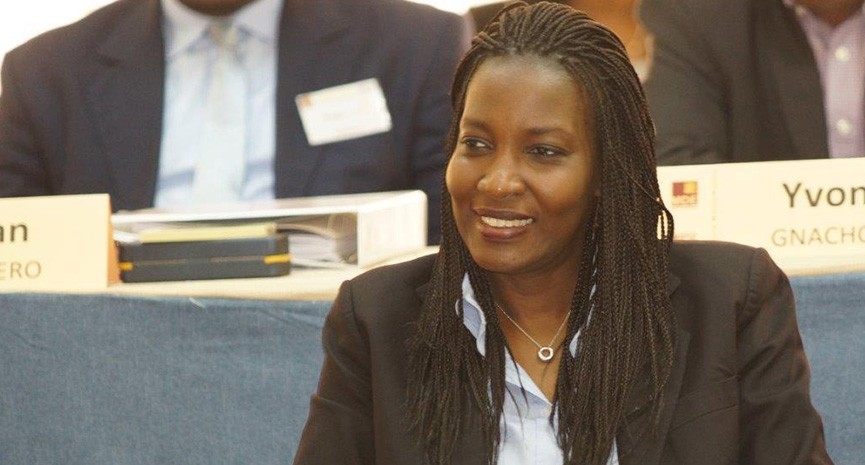Aiming for faster, more fluid cargo handling
Bollore has been operating Abidjan port since 2004. In an interview with Logistics Update Africa, Asta-Rosa CISSÉ, General Manager of Abidjan Terminal

Bollore has been operating Abidjan port since 2004. In an interview with Logistics Update Africa, Asta-Rosa CISSÉ, General Manager of Abidjan Terminal, Bolloré Transport & Logistics, talks about the second container terminal project at the port of Abidjan, the challenges faced at the port, and the company’s efforts in ensuring efficiency. Bolloré Ports is a division of Bolloré Transport & Logistics, one of the world's top ten transport and logistics groups. Since 2004, Bolloré Ports operates the container terminal at the Autonomous Port of Abidjan through its subsidiary Abidjan Terminal. Edited Excerpts:
What are your developmental plans for the second container terminal at Port of Abidjan?
The second container terminal will bring additional capacity with 6 RTG (electrical rubber tyred gantry cranes), 6 STS (ship to shore cranes) and 13 RTG (rubber tyred gantry cranes). Equipped with the latest technology, it will offer first-class service to its customers and reduce the cost of the supply chain.
What has been Bolloré Ports' objective in the African maritime space?
From an overall perspective, port infrastructure has strongly developed in Africa during the last ten years and created operational conditions to allow a sharp increase in maritime trade. Bolloré Transport & Logistics has invested over €3 billion in African infrastructure with the aim of connecting Africa to the rest of the world. We now focus on developing intra-African trade and promote the development of national – and regional – economies.
As the second container terminal at the port of Abidjan will enhance the port’s productivity and capacity, it will boost further the development of regional industries. Our objective is to ensure the efficiency of the port of Abidjan by continuous investments in modern infrastructure and equipment to facilitate smooth handling and capacity growth. Together with the Port Authorities, we are deeply involved in the development of the port and related infrastructure. As a port operator, we remain focused on quality of service with customers and stakeholders satisfaction being a key measure for our performance.
The Port of Abidjan will be able to accommodate ships with a capacity of 14,000 TEUs up from the current 3,500 TEUs. How does this capacity facilitate the Sub-Saharan Africa and regional trade requirements?
In sub-Saharan Africa, the logistics cost of imports and exports is about double the world average. The reason for these additional costs is the lack of economies of scale and the poor infrastructure along corridors. Designed to promote regional transhipment, the port of Abidjan will become a leading maritime hub. By operating mega-ships, the Port of Abidjan will have the effect of dragging down freight rates. Through economies of scale and higher productivity, the logistics costs will come down.
What are the challenges faced by Bolloré Ports at Port of Abidjan?
Bolloré Ports has two main challenges in Abidjan which are related to each other. First, the existing container terminal has to manage increased throughput: whereas import face a steady growth since several years, export volume concentrated on two quarters. This puts all supply chain in front of a challenge: limiting impact on terminal and logistics operations affected by urban and port congestion slowing down the gate movements and delivery time. The Port of Abidjan, as most African ports, is enclaved within the city which with today’s increased volumes bring congestion and is a burden on the supply chain. In partnership with the port authorities, Bolloré Ports is taking a leadership role in defining a vision/strategy that harmonises the logistics needs and urban growth for the future.
In what time frame do you plan to breakeven on the investment on the container terminal at Port of Abidjan?
We believe that the expected benefits will be there once strategic actions to sustain the attractiveness of the port is in place. Considering the growth forecasts, we are confident that the strategy and the different projects that we are working on with the authorities for the port of Abidjan, is the right one and will pay off quickly, in the near future.


